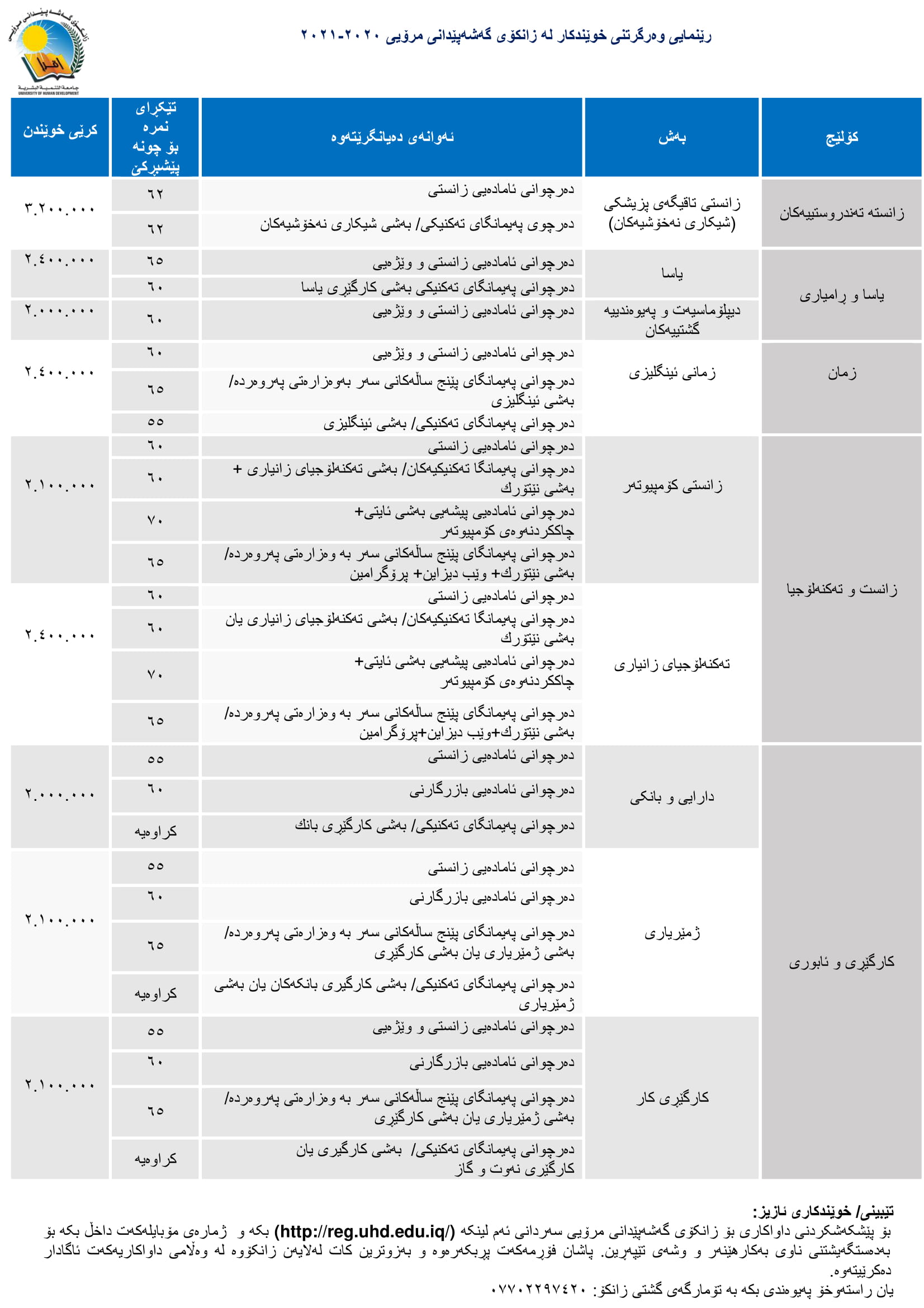Law students demonstrate strong engagement and earn high distinctions in the Philip C. Jessup International Law Moot Court Competition
UHD hosts a major conference on Peacebuilding and Genocide Prevention
2021-12-15
Under the slogan “Memory of the Genocide from the Anfal and the Marshlands to Halabja and Sinjar”, the University of Human Development (UHD) is hosting an international conference on its premises in the city of Sulaymaniyah on 15th-16th December 2021. The conference themed “Peacebuilding and Genocide Prevention” is organised by nine Iraqi and Kurdistan universities and institutions, namely: The UNESCO Chair for the Genocide Prevention Studies in the Muslim World received by the University of Baghdad, Ministry of Culture, Tourism and Antiquities, Martyrs Foundation, Political Prisoners Foundation, Bait Al-Hikma, Malai Gawra Research Centre - Koya University, Research Centre - Genocide Department - University of Halabja, Charmo University Research Centre for Crimes of Anfal and Genocide, and University of Human Development.
The opening session of the conference started at 10:30 a.m. at Professor Dr. Ali Qaradaghi’s hall with a minute of silence and standing for the martyred and victims of genocide in Iraq, it was followed by recitation of some verses of the Holy Quran. Many guests attended this session and keynote speeches were read by distinguished speakers representing the institutions that have organised the conference. The representative of the Minister of Higher Education and Scientific Research of the Kurdistan Regional Government also gave a speech. The speakers all emphasised the importance of documentation, analysing and researching acts of genocide and mass murder in Iraq and other places and making recommendations as to how genocide and other forms of extermination can be prevented in the future.
The conference is scheduled to continue for two days in which more than 60 papers are going to be presented on various issues related to genocide and violence against different communities in Iraq in the past decades, and also the need for cohabitation and peaceful relationships in the new Iraq. The papers are categorised under the following research areas: ideologies and genocide, genocides in Iraq, forms of genocide in the invasion of Kuwait, mass graves in Iraq, genocide and human sciences, genocide in laws and constitutions, genocide in school curricula, and peacebuilding and conflict transformation. Many of the researchers are from Iraq but also from Iran, Jordan, Rwanda, USA and UK.
Mutual recognition and peaceful coexistence between
the Iraqi communities is the most pressing issue at the present time. For this
to happen, genocides, mass murder, and all other forms of violence that
happened under the Iraqi dictatorial regimes have to be well analysed and
studied and new ways forward including the prevention of such crimes in the
future need to be recommended and incorporated into the Iraqi and Kurdistan
laws and enforced on the ground. This is what this conference aims for.


